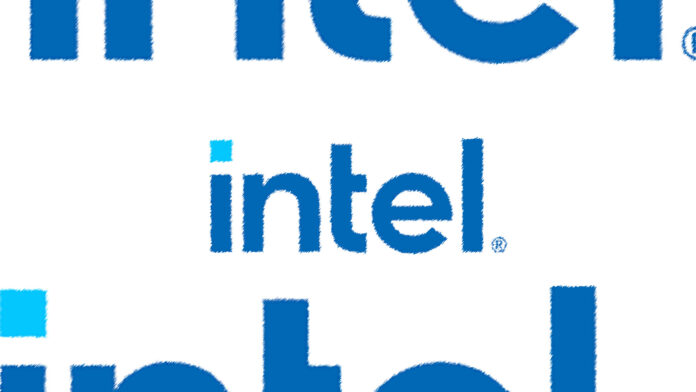In August 2024, Intel will release a microcode patch to address a voltage bug affecting its 13th and 14th-generation Core processors. However, this patch will not repair any damage already caused by the bug, a fact that has generated significant concern among users and tech enthusiasts alike. This article explores the nature of the problem, Intel’s response, and the implications for affected users.
The Voltage Bug Issue
Earlier this year, Intel identified a microcode algorithm error that causes some processors to operate at excessively high voltages. This can lead to physical damage to the CPU, which cannot be undone by a software update. The forthcoming patch, therefore, aims to prevent further issues by addressing the voltage problem before it causes harm. However, for processors already affected, the damage is permanent and cannot be repaired through software patches.
Intel’s Official Stance
Intel confirmed to The Verge that the upcoming patch is preventive and will not fix crashes caused by the current CPU bug. The patch is intended for CPUs that have not yet experienced any issues. Users are advised to apply this patch via a BIOS update as soon as it becomes available.
The affected CPUs are from Intel’s 13th and 14th Gen Core desktop processors with a TDP of 65W or higher. This includes not only the overclockable K, KF, and KS variants but also non-K CPUs. Intel has not provided an estimate of how many CPUs are affected. The company believes that the laptop processors from these generations are likely unaffected, though further research is ongoing.
User Concerns and Responses
Many users have expressed frustration and uncertainty regarding the issue. For instance, a user named yinx84, who owns an i9-13900K, mentioned that despite using the CPU since November without any issues, they are concerned about potential hidden damage and reduced lifespan. The uncertainty about whether their CPU is from a problematic batch adds to their anxiety. They plan to update the BIOS with the forthcoming microcode patch but remain worried about any existing damage and the effectiveness of the fixes.
Another user, Dune, suggested updating the motherboard’s BIOS/UEFI and applying the microcode update. They also recommended contacting the supplier to request a replacement if the processor is deemed unreliable. This advice reflects the wider sentiment that users are seeking certainty about their processor’s reliability and are considering switching to AMD systems if necessary.
Historical Comparisons
The current situation has been compared to past incidents involving other hardware manufacturers. For instance, ibmpc referenced the Nvidia 8000-series GPU debacle, where Nvidia failed to address the issue adequately, leading to extended warranty periods from manufacturers like Dell. They also mentioned Intel’s successful replacement of all Pentium 60/66 chips affected by the FDIV bug, highlighting a previous instance of Intel taking decisive action.
Technical Insights and Advice
Users like Mindfree have provided detailed technical advice on determining if a CPU is affected. They recommend checking the VID table in the BIOS, which shows the voltage and frequency at which the CPU is validated by Intel. Tools like HWINFO 64 can help monitor CPU usage, temperature, and voltage to detect any anomalies. Users are advised to perform stress tests with tools like Cinebench to check for stability and undervolt the CPU if necessary.
For example, Mindfree’s i7-14700KF CPU shows a validated SP value of 81 with P-cores at 86, running at 1.339V at 5.6 GHz. They managed to undervolt their CPU by 0.06V and achieve stable performance with reduced power consumption. This kind of proactive monitoring and adjustment can help mitigate potential issues.
Industry Reactions
The broader industry reaction includes skepticism about Intel’s approach to handling the issue. While AMD has been commended for promptly addressing similar problems with its Ryzen 9000-series processors by initiating recall actions, Intel’s decision to continue selling potentially affected processors without a recall has been criticized. Users like mischaatje2 argue that Intel should follow AMD’s lead and recall all potentially defective units, emphasizing consumer protection over cost concerns.
Conclusion
Intel’s microcode patch, set for release in August 2024, aims to prevent future issues in its 13th and 14th Gen Core processors but will not repair existing damage. Users are advised to update their BIOS and monitor their CPUs for any signs of degradation. The situation has sparked a debate about how manufacturers should handle such widespread issues and the importance of consumer protection. While the patch offers a preventive measure, the uncertainty and potential for hidden damage remain significant concerns for affected users.

